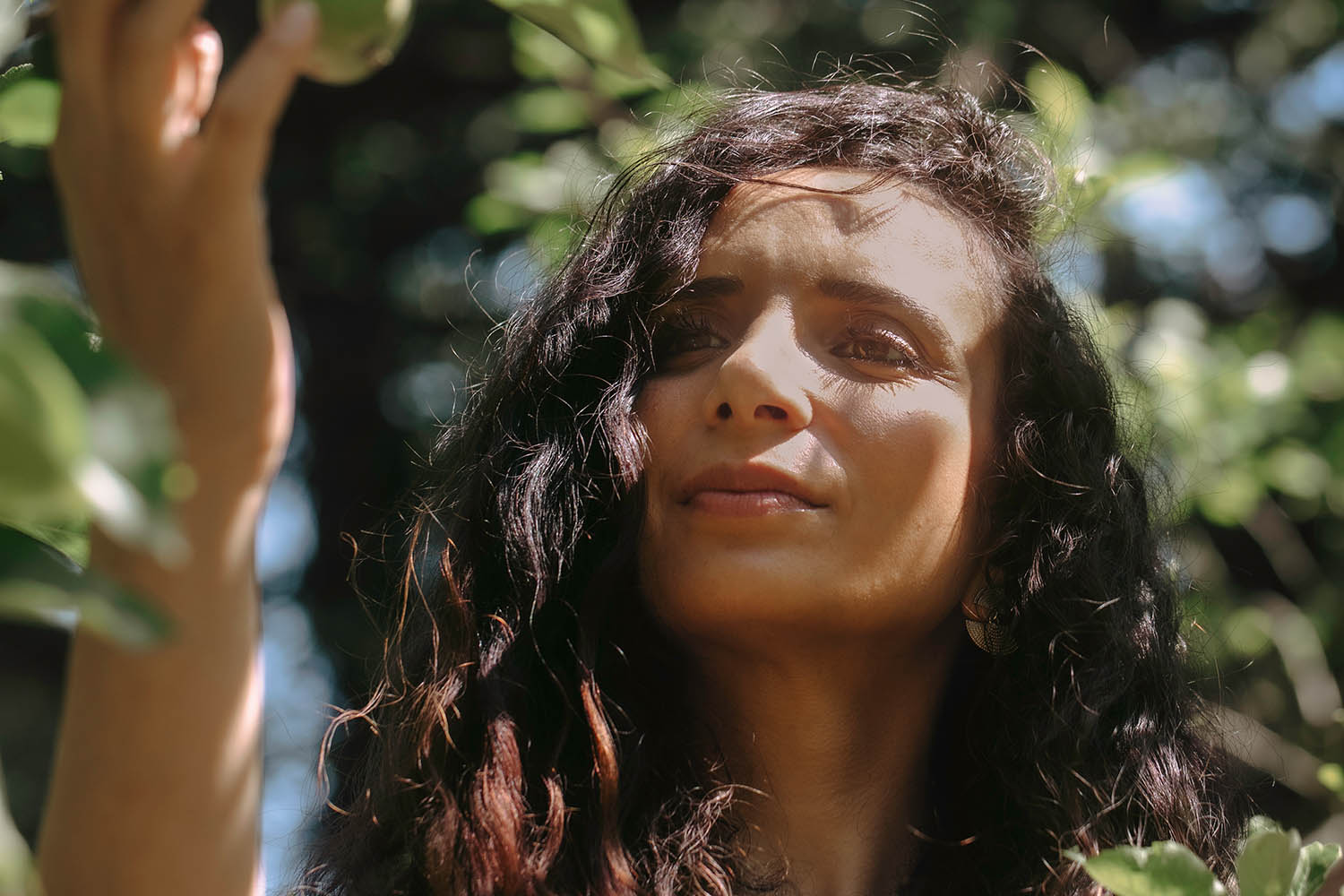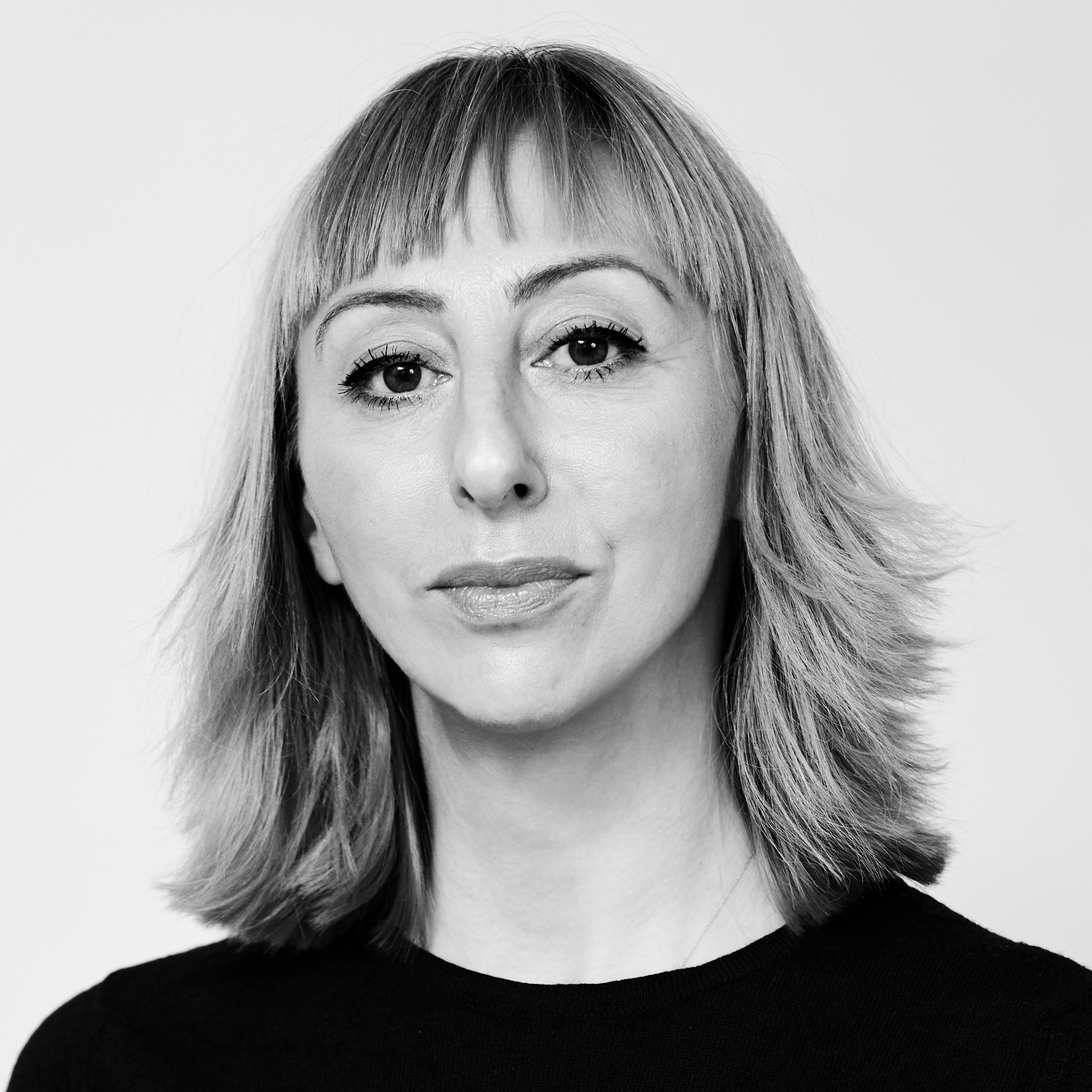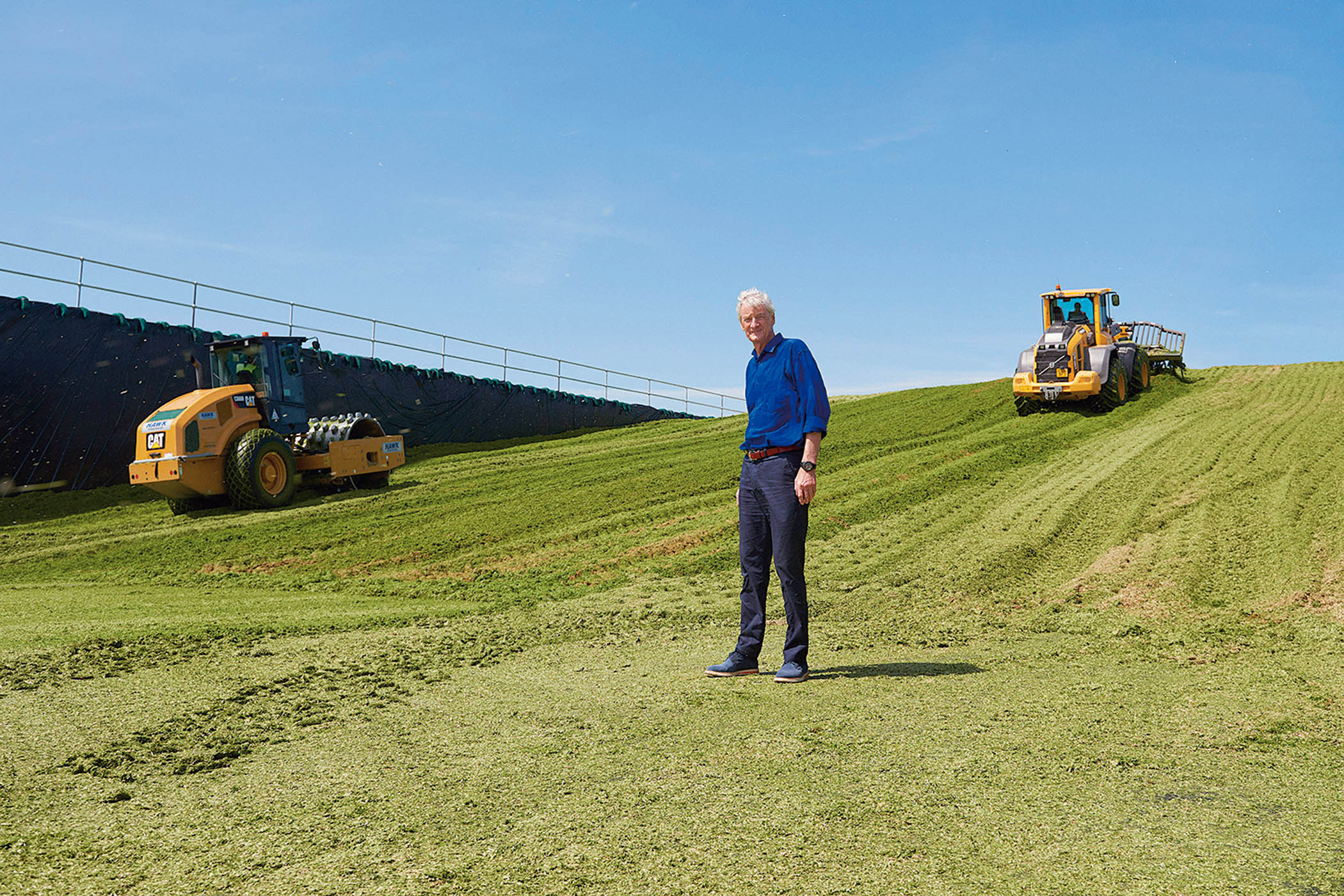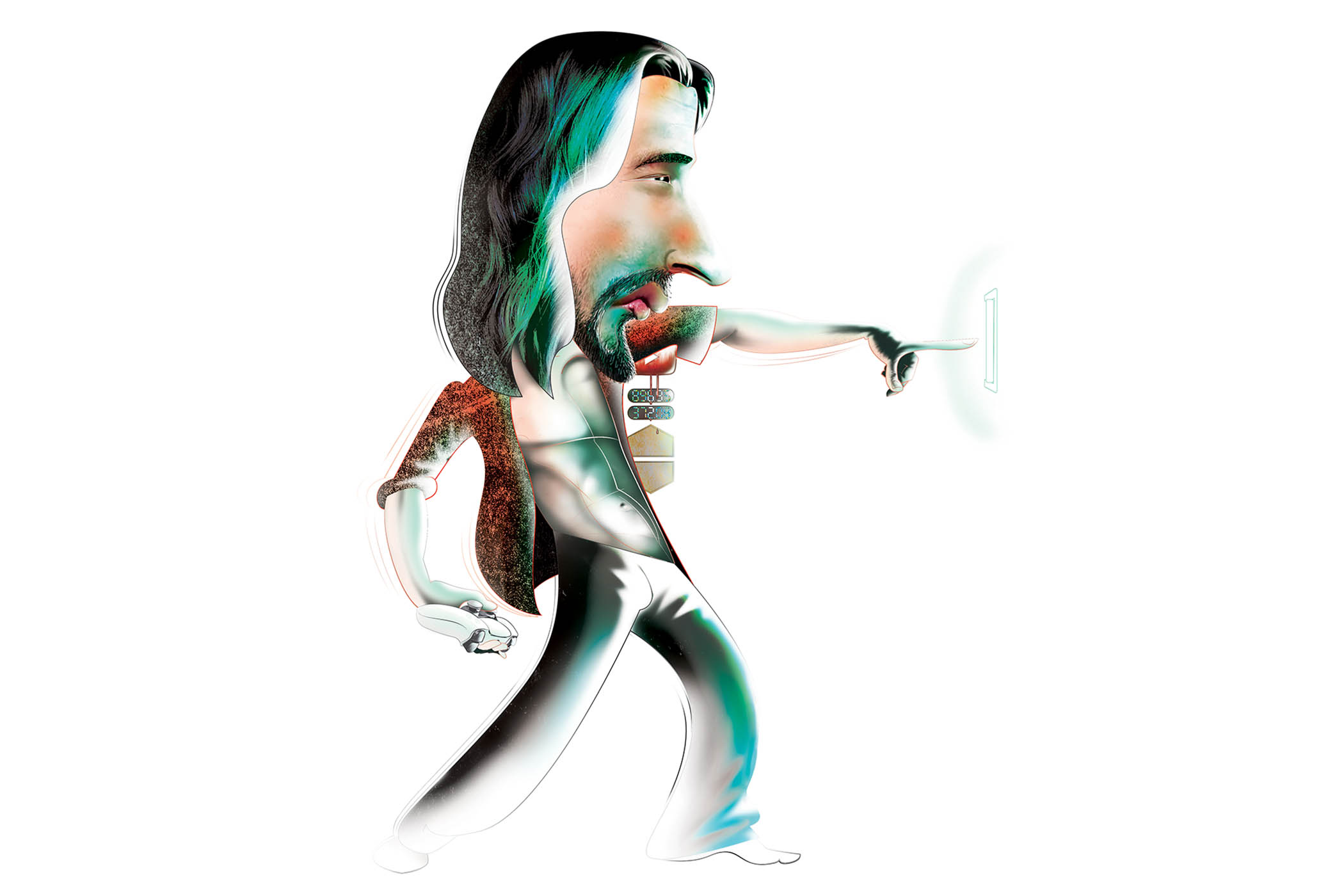Photograph by Lydia Goldblatt
A couple of years into Ella Al-Shamahi’s degree in evolutionary biology, she felt herself changing. A lecturer was demonstrating how lab experiments that artificially separated fruit flies showed the process of speciation beginning. “And I remember hearing that and being like,” she closes her eyes and takes a grim, tight breath, “oh, fuck.”
Al-Shamahi was born into a thriving devout Muslim community in the Midlands in the 1980s. Her parents had emigrated from Yemen. There were two pillars to their home, religion and education, both of which she took to passionately and with uncommon intent. At the age of seven she announced she was going to start wearing a headscarf. Her mother was faintly bemused at the choice made so young, but Al-Shamahi had dedicated herself to Islam, and started travelling regularly across the country as a missionary as soon as she turned 13.
Partly it was the work she loved, partly the camaraderie. Her community was warm, supportive, in awe of her enthusiasm and talents. At the core of their ideology, back then, was the belief in creationism. And while she shared that belief, as she entered her teens she realised that their theories weren’t, she thought, quite strong enough. There was the first argument, that the Qur’an states God created the universe and everything in it, including animals and humans. Then there was the argument that all scientific evidence for evolution is based solely on speculation. And further, that the scientists that report it are lying. The obvious thing for her to do, she decided, was to study science in order to overturn the theory of evolution. At 18, she said goodbye to her parents and moved to London.
Alongside her missionary work, at university she studied genetics, concentrating on evolution. She excelled. There was a feeling of illicitness. She felt as though she was on the inside, a spy unpicking an engine. Within months, she had her first disturbing realisation, that her professors weren’t lying to her, they genuinely believed what they were teaching. Which meant, she thought, they must be biased. She was going to have to travel even further into the data. After her genetics BSc she began an MSc in taxonomy and biodiversity, never talking to her professors or colleagues about her beliefs, never debating their points. She came to accept, slowly, that evolution might have been a process that happened, but crucially, just up until humans arrived. What followed for Al-Shamahi was not just intense study to try to debunk the science, but years of increasing levels of anxiety.
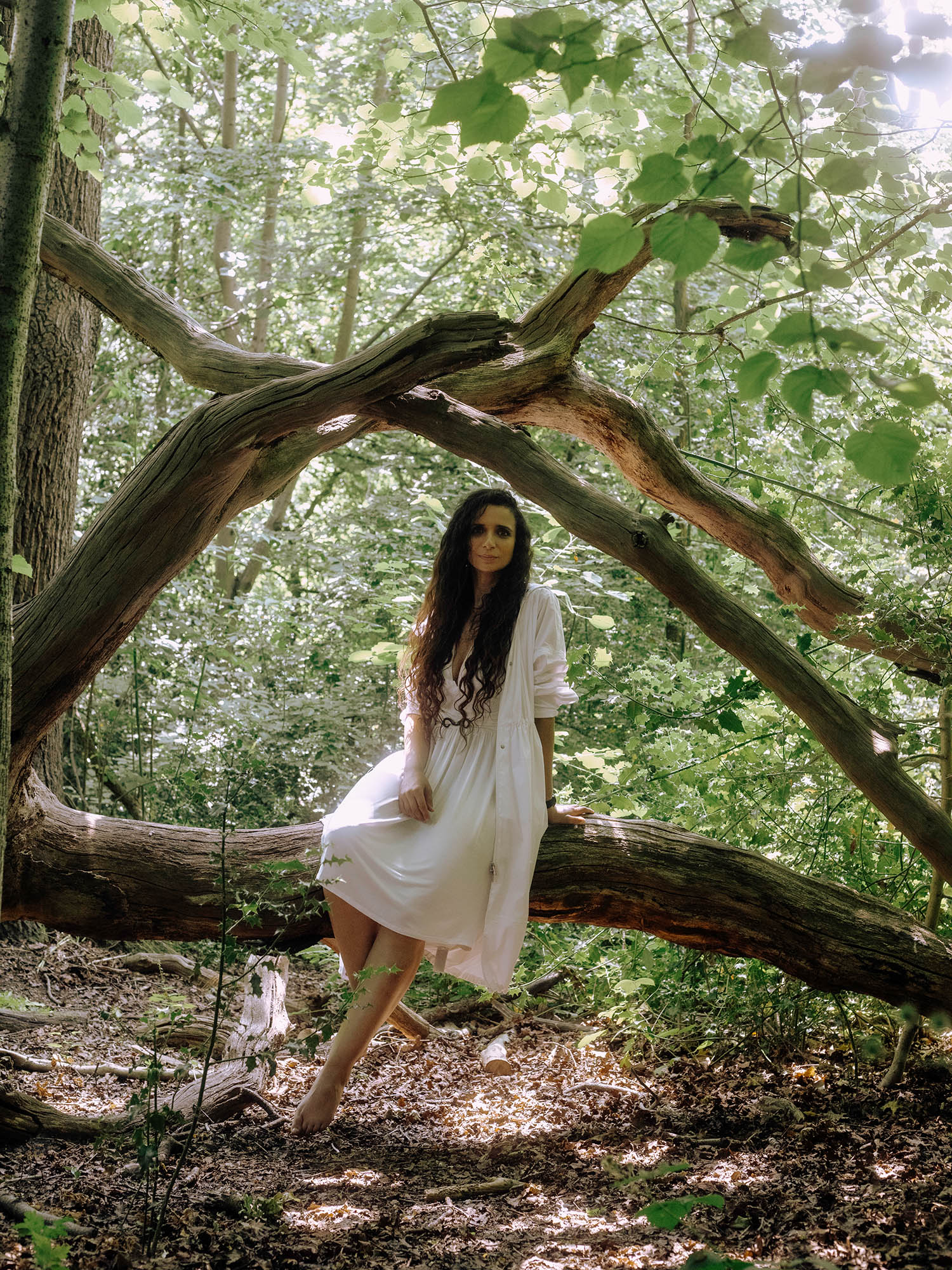
'We cannot let science become a tribal issue': Al-Shamahi wants to open up scientific conversation
Some of the evidence she found was straightforward. Like, stratigraphy, a branch of geology that focuses on the study of rock layers. There were no dinosaur fossils in the top layer, showing how they appeared, evolved and died out. Then there were the studies of anatomy, which clearly showed adaptive processes. Then there were the fruit flies. Drosophila are a species with such a short generation time that it’s possible to gain immediate insight into aspects of evolution like speciation (how a species is created) and adaptation (the adjustment in habits by which a species improves its ability to survive). But it was retrotransposons, which she arrived at in her masters, looking at bits of DNA within humans that are the remnants of long gone organisms, that left her with no explanation other than the process of evolution. She tried. She really tried.
While studying in London she’d enjoyed three chaperoned conversations with a man from her community, agreed to an arranged marriage and moved with him to Surrey. But by the time she was studying retrotransposons she was in turmoil. If she accepted this discovery, that evolution was real and her community had got it wrong, then another question arose: what did this mean for her? Her home, her marriage, her relationship with family, friends? Nothing good, she thought.
‘I had to learn how to exist. Stuff most people wouldn’t think about’
‘I had to learn how to exist. Stuff most people wouldn’t think about’
She was 26. A certain blankness descended. One morning she stood in the shower and, muffled by the running water, said out loud that she believed in evolution. Then she collapsed to the floor – this truth meant she could no longer continue in the life she’d been living. She’d have to leave her husband, her community, and all (she wept on the floor) because of an idea. That afternoon, she took off her headscarf and walked out of the house. As she entered a petrol station down the road, she half-expected the men browsing the shelves to shout at her, grab her, fall to the ground. Part of her was disappointed to be ignored. Life continued, crisps were bought, cars drove away, but for her, everything had changed.
When she told her four siblings she was leaving the community they were baffled. “You’ve got no chill in you!” they hissed. Why couldn’t she simply be like them, they asked, practising, but not proselytising? She shrugged. It wasn’t possible. Later she visited her parents house, still without her headscarf. When she left, her mother sat on the stairs and cried. Then, “I just kind of… disappeared.”
It’s a sunny afternoon in June and Al-Shamahi buzzes nervously barefoot between the kitchen and sofa with coffee and plates and a small box of elegant cakes. This is the first time she’s talked about the brutal transformation it took to get here, to this new life as a palaeoanthropologist and evolutionary biologist who leads expeditions into unstable and hostile territories to unearth fossil records, and the presenter of Human, a new landmark science series for the BBC, which tells the 300,000-year story of our species. “One of the things that I was so keen on in the series was putting the ‘human’ back into human evolution. Because for me,” she takes a shallow sip of coffee, “evolution is really personal.”
Newsletters
Choose the newsletters you want to receive
View more
For information about how The Observer protects your data, read our Privacy Policy
At times during our conversation she pauses and rearranges her hair, and frets a little. One of the reasons she’s been reluctant to discuss her childhood in the past is because she doesn’t want to make people think any less of religious communities than they already do. She struggles to find her words now. She takes a discreet bite of a macaron from the plate – the sugar perhaps will straighten her out. “There are certain things I’m trying to access, but I think I’m just so overwhelmed. You’re basically touching upon the saddest moment of my life. And it’s something that I’ve successfully kept under wraps. It’s just,” apologetically, another tiny bite, “a lot.”
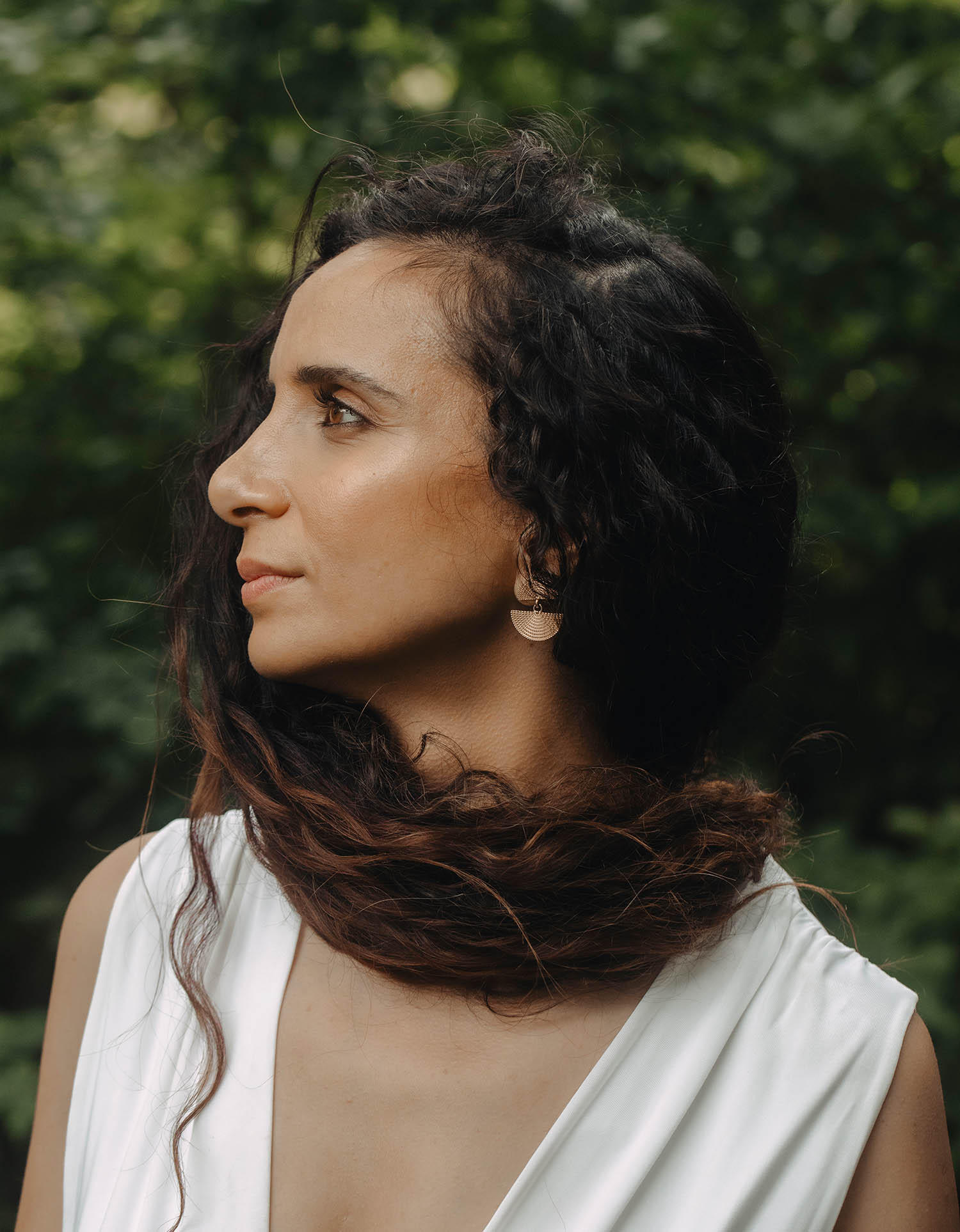
Leaving her community and her beliefs was traumatic for Al-Shamahi: ‘I was really dangerously depressed’
As time passed, she felt herself changing again, this time sinking into a deep depression. The process of leaving her community and her beliefs was traumatising. “I was really dangerously depressed.” She takes a long, constricted breath. “I knew I had to learn how to exist in this world. And some of it was stuff people wouldn’t even think about.” She had to build a whole new wardrobe, for example, scrabble around on eBay to discover her style. One of her new male friends started greeting her with a hug. “You don’t bloody do that! We don’t even make eye contact with the opposite sex – one look and then eyes down for the rest of the conversation!” She tried, with some desperation, to make friends, she tried (and failed) to date. She became obsessed with things like “the handshake”, with “clapping”. “I was trying to study this new world so that I could pretend to fit in.”
At first it was horrific, then it was awful, then simply bad, then, eventually, she emerged, as an accomplished scientist, and having worked hard to try and “see the funny” in her situation in order to survive, a standup comic, too, joking on stage about things like her curious inability to flirt. She bought a how-to flirt book (it came with a CD), and the first tip was to make eye contact with people she was attracted to. Which she tried at university, until she heard, one day, her fellow students whisper, “Is that weird chick still looking at us?” She checked the chapter again. Three seconds! Eye contact for three seconds! Back to the books. Her life improved and expanded. The first time she shared a picture of herself online was when National Geographic named her as one of their “emerging explorers” in 2015. “It was fucking intentional.” After working behind the camera in science programmes she began being asked to present them, too. “It started occurring to me that if I was to do that, it would look respectable,” to her family. “It lessens the blow? A little bit?”
The best science is produced when you’ve got a diverse array of people who have slightly different biases
The best science is produced when you’ve got a diverse array of people who have slightly different biases
Recently she started to consider what the process of leaving her community had taught her. One effect she was surprised to discover was a new kind of empathy. Another came from the understanding we are fundamentally tribal people. “It’s in our DNA,” she says. “I would argue that it’s one of the reasons why we became so successful as a species. I really believe that, by and large, your opinions are just the opinions of your tribe, right? And having gone through this, I think it is in some ways hopeful? It’s like: see, people can change their minds!” She writes a headline in the air, “‘Former creationist went to university to study evolution and is now literally presenting the biggest series on human evolution both in the US and the UK!’” She shivers with pride, shows me her goosebumps. “Another take-home for me is that we cannot let science become a tribal issue.” She says, “What I did was insane. Most people would just stop studying, or allow some cognitive dissonance, or just live a lie. We need to build bridges with all of these communities, because science is best when it is not tribal.”
Can I say something uncomfortable, she asks. Please. In science, “Where are the right-wing scientists? Where are the deeply devout Christians and Muslims? The best science is produced when you’ve got a diverse array of people who have slightly different biases. If you know me for anything, you know me as an explorer who goes into unstable territories. It is a tragedy for science if we ignore these places, and it’s a tragedy for the people in those places if they feel they can’t become scientists. We’re poorer for it.” And it’s the same for communities closer to home, including those with sometimes unpopular opinions. “They still need to be at the table and we’re more likely to bring communities in if we engage with them better and understand that science belongs to every single one of us. And that science is not an ideology in and of itself.” There is a need for pluralism. The few people she’s told so far about her past as a creationist have sometimes asked if she’s become a missionary for science. “And I’m like, no. I’m a missionary for nuance.”
Human, presented by Ella Al-Shamahi, starts on 14 July on BBC Two, all episodes will be available on BBC iPlayer
